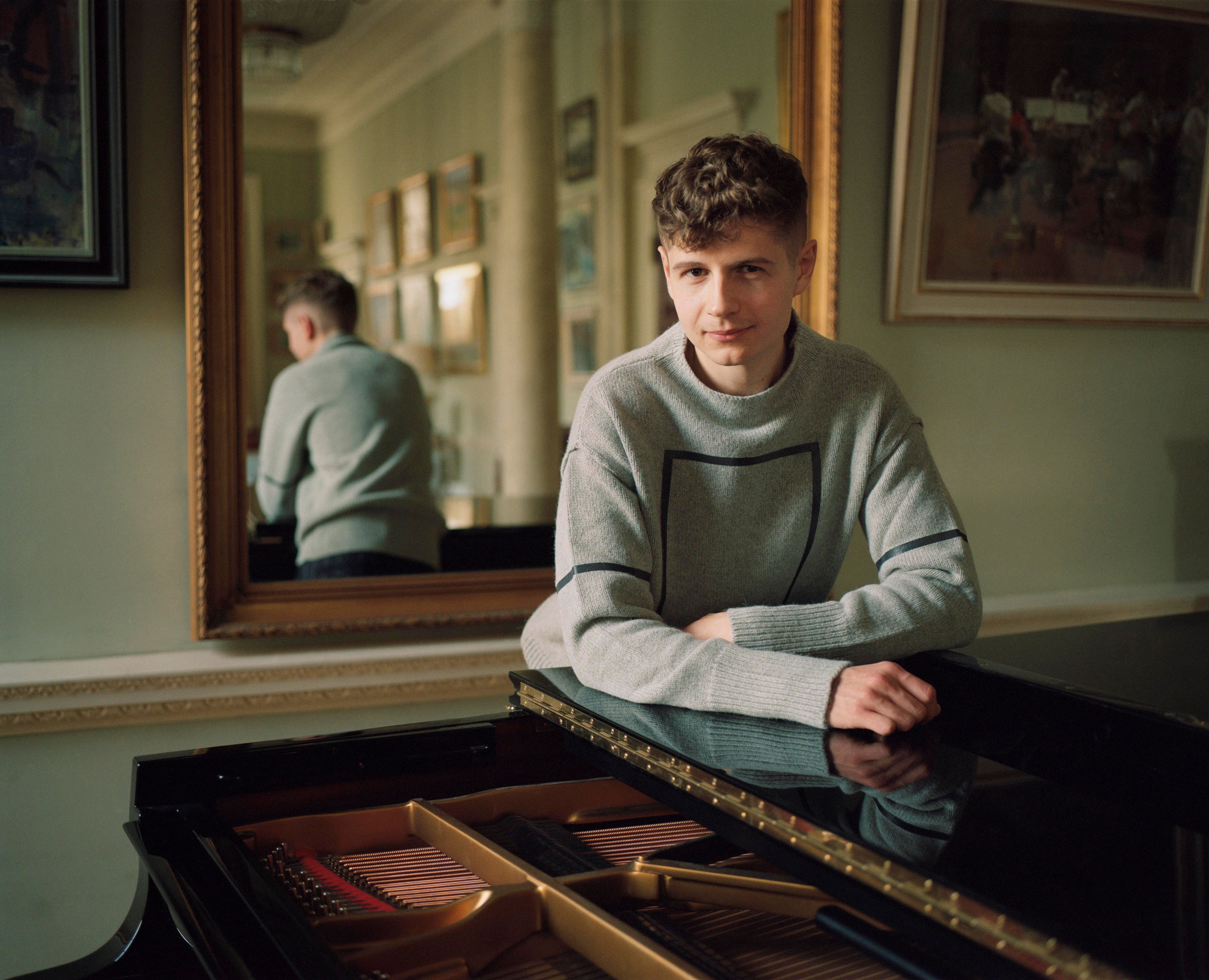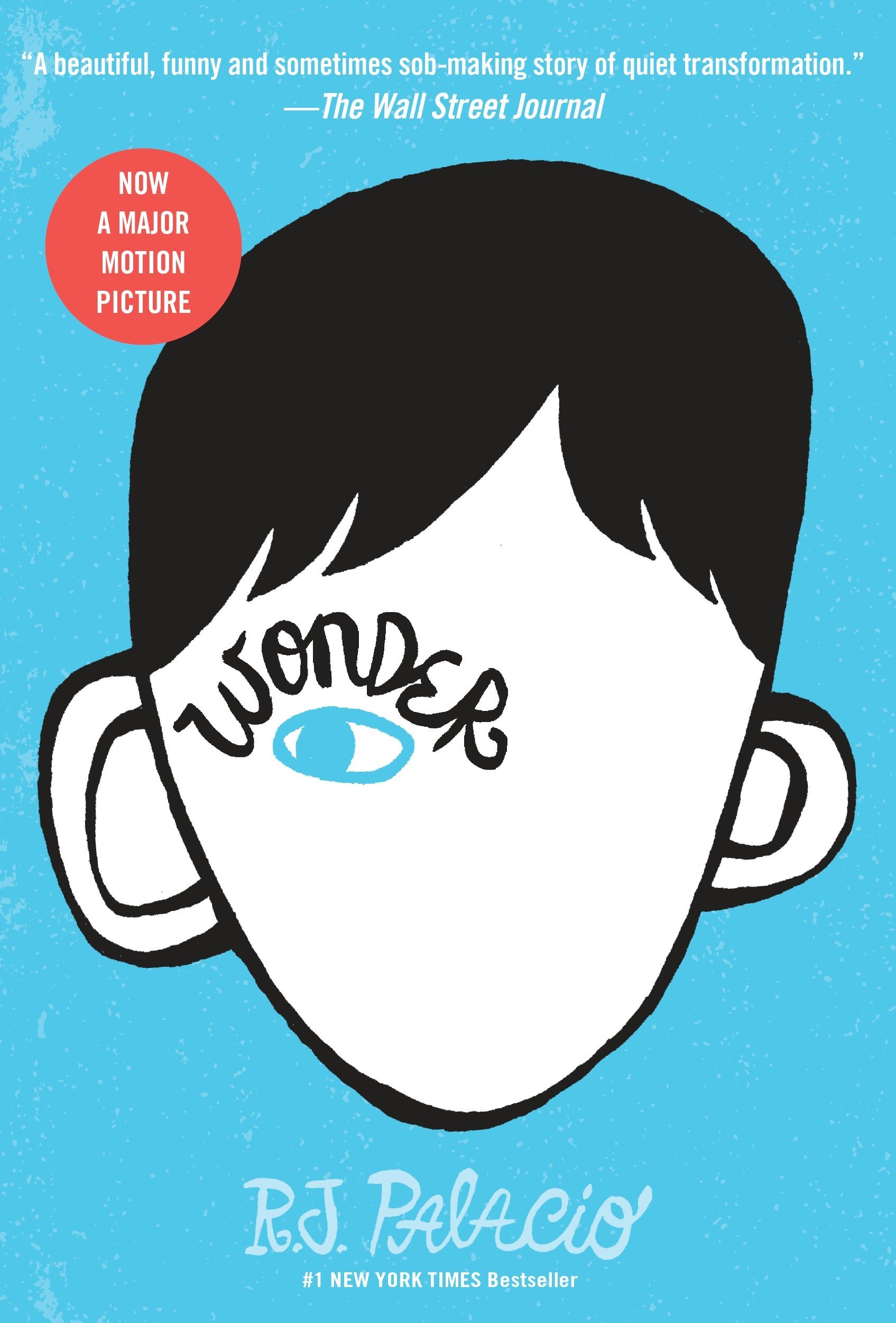Among the din of the Brighton music scene, classical music is often stifled under the noise of other genres. This Saturday, however, Pavel Kolesnikov will be changing things, as he takes over the Brighton Dome for a stunning performance of Brahms, Tchaikovsky and more.
Pavel Kolesnikov is one of the young faces of the classical music scene. Youth may not be what we typically associate with the genre, but the Siberian pianist has been on the rise ever since he became a BBC New Generation Artist. With bold combinations and dynamic performances, Kolesnikov has been reinvigorating the genre while carving out his own place.
We caught up with Pavel to find out about his latest developments, and to chat about the changing face of classical music.
You’ve described the pieces you have performed as characters – what does thinking about them in these terms mean for you? Does this effect the way you play certain pieces?
This approach, perhaps, comes from my fascination with the Stanislavsky’s method. In the same way an actor can achieve truthful and abundant detailing of the role by identifying with the character, one discovers the deep inner logic of the piece by identifying with it. In some way, I believe, the musician should become the piece itself, to play it well. That, of course, is easier, if the piece is well written and if it generally speaks to you.
On the other hand, this ability of more or less abstract pieces to become almost palpable live characters is a very curious and fascinating thing about music. I recently started exploring the possibilities of demonstrating this effect to the public, by creating programs that showcase the complex, theatrical relationships between pieces.
What does living in London do to inspire you?
London is, indeed, a very unique city. On one hand, it is huge and it’s brimming with cultural activities of all sorts, which is what I am constantly feeding on. At the same time, it doesn’t wear you out in the same way as, let’s say, New York or Moscow. You can easily engage or disengage as you wish – I find it one of the most casual places one can imagine. But strangely, what I find most important is that it doesn’t have the same emotional charge as most other cities I love – Rome, or Barcelona, or Paris, or even Amsterdam. Perhaps, because it simply not as aesthetically pleasing; but for me it means that the city gives you a lot of space to breath, dream and create. It inspires you not by way of amazement, but by way of charging your battery when you need it.
Classical music is often considered something which is aimed at older people – how would you encourage younger people to find a passion for this genre?
I am always a bit doubtful about this way of looking at the situation. On one hand, young people are young but they are not stupid. Their reactions and passions are quick and sincere. I have an impression that when it comes to classical music the young audiences are so often underestimated and underfed. Because supposedly they are “not ready”, they are offered some kind of sub product – something that has not the taste, nor the properties of the “real thing”, an abridged version. This condescending attitude never pays off, because youth has the taste for the intense and extraordinary. And one can not argue that at its best, classical music is exactly that – its intensity and emotional complexity is simply overwhelming.
At the same time, I am the first person to say, that the format in which music is presented today is dusty. Thankfully, there are quite a few musicians who seem to know well how to change that. The most successful of them are, in my opinion, those who understand that the vividness and intensity don’t come from “coolness”; it’s when you do things with pure and passionate heart they inevitably become gripping, and consequently, “cool” but also, importantly, so much more than simply that.
So, you see, if there is a problem of young people not loving classical music (which I am not sure is a very “homogenous” problem, so to say), I think it is essentially a problem of musicians and concert presenters. And that’s where we should be looking around and trying to learn from other areas of art which don’t seem to have the same kind of issues.
You’ve played in some incredible venues all over the world – which one was the most memorable?
I love doing open air concerts, despite inevitable difficulties with acoustics. Last summer Samson Tsoy and me played an earthquake relief concert in Ripe San Ginesio, a tiny town on a hill near Macerata. We started with a few people in the audience, and by the end the entire village was there, listening to the music and watching the incredible sunset.
What advice do you offer to the young musicians of Brighton?
To question and try, always.
Pavel Kolesnikov will be at the Brighton Dome on February 2.




